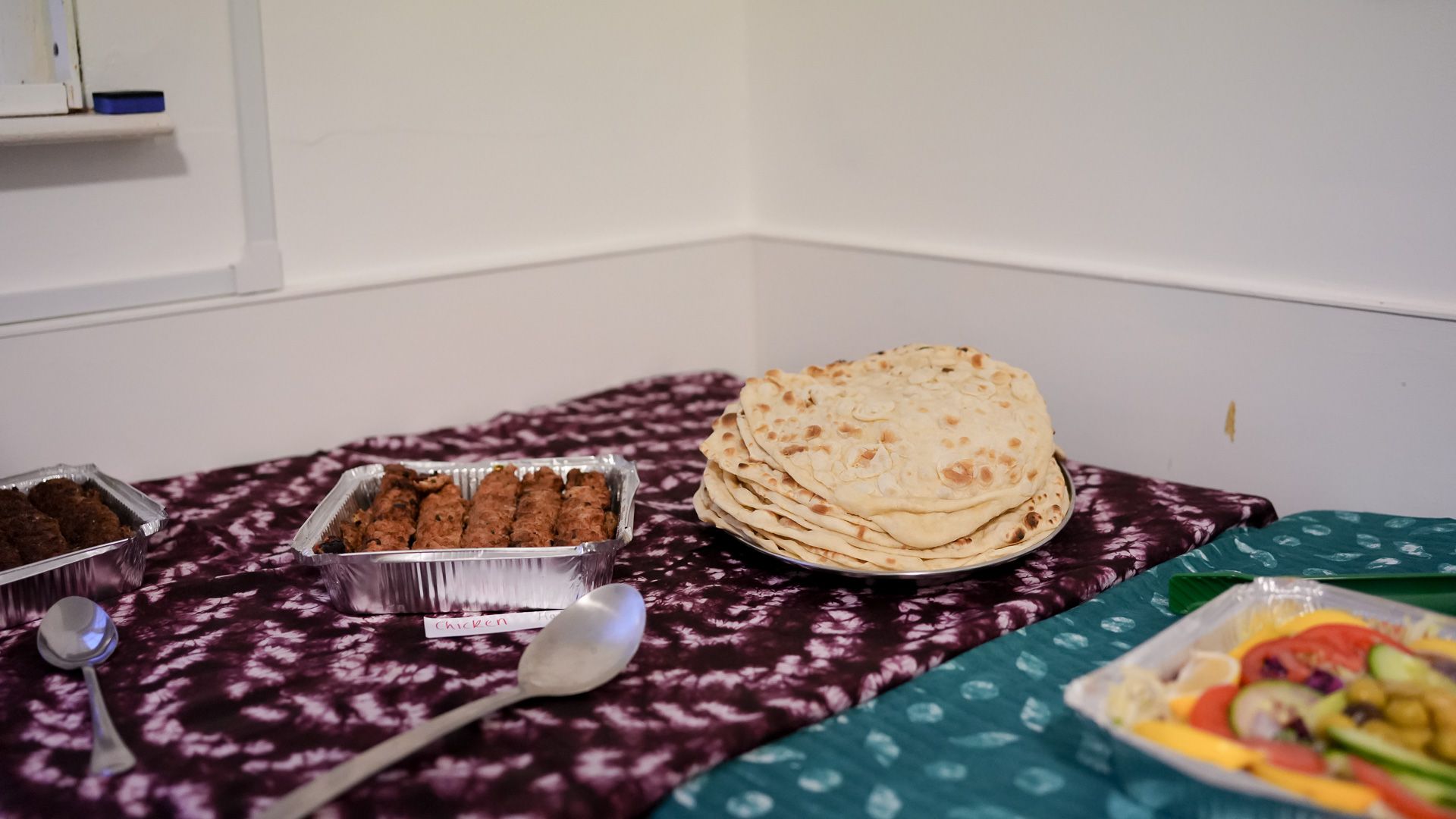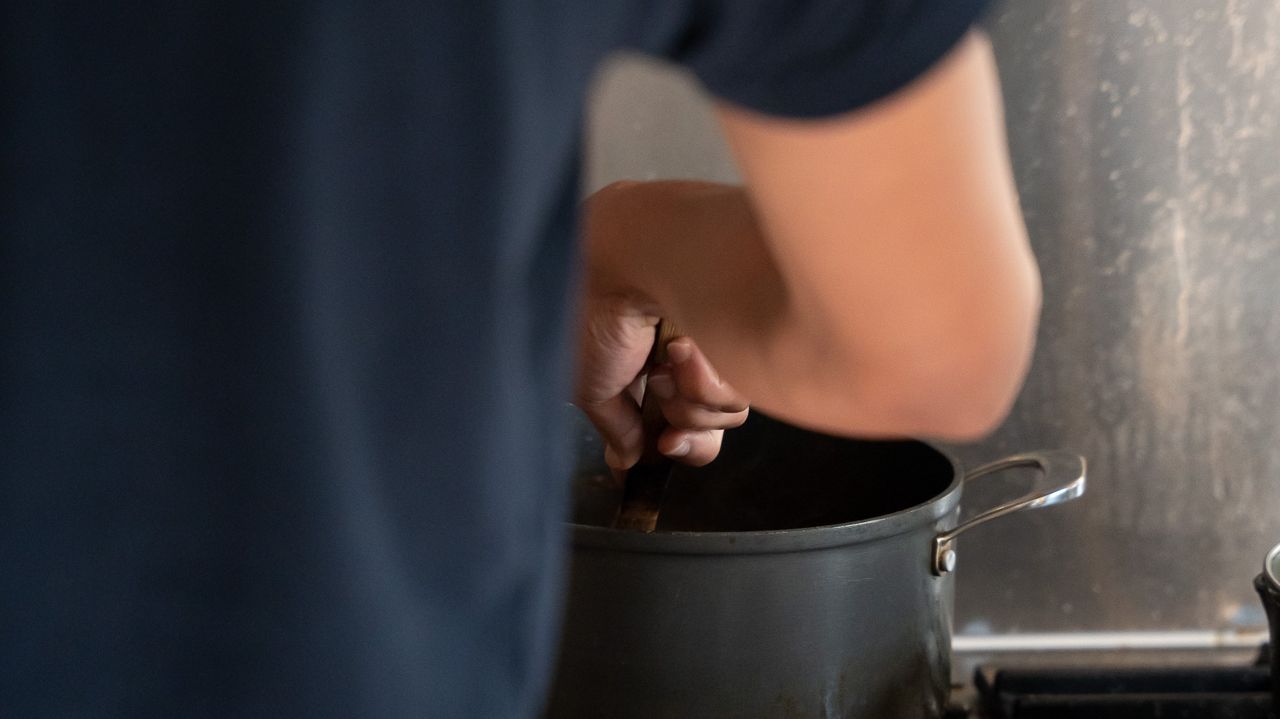Basic Needs
The Risk
Lacking basic needs and appropriate living skills
Upon arrival, separated young people seeking asylum need access to basic needs such as food, clothing and housing and the opportunity to learn key living skills for life in the UK. Without these needs being met, it can lead to serious physical, emotional and social implications.
A lack of appropriate nutrition and cooking skills can reduce the physical wellbeing of children and also has a negative impact upon mood and emotional wellbeing. Such effects can also hamper the young person’s ability to concentrate, which in turn can impact negatively on their ability to effectively engage with education or training. Further down the line, this could be detrimental to establishing and maintaining their economic independence.
A lack of safe housing not only has physical implications for young people – including exposure to environmental conditions such as cold and damp – but can also impact upon young people’s ability to attend and engage with education, training or employment. It can increase the likelihood of young people becoming the victims of crime, and/or of associating with antisocial peer groups.
This can lead to engagement in antisocial behaviour and possibly entrance into the criminal justice system. Young people in unsuitable housing can also feel unsafe, and as a result, unwilling to trust positive adult caregivers. This can lead to an increased likelihood of absconding, which in turn can increase their chances of being exploited – a pervasive risk factor that can have serious and long term consequences for their physical and emotional wellbeing.

Baca's solution
Provision of food, clothing and a secure home; support to develop life skills including cooking, cleaning, personal hygiene, and safety.
Baca provide food, clothing and comfortable housing as soon as a young person arrives in care. New arrivals initially stay in a high support home, reducing the risk of absconding and providing an additional level of support. Upon arrival, young people are provided with a basic set of clothes and are later taken to buy a full set of their choice. Culturally appropriate meals are provided, with further shopping trips to introduce them to new foods, whilst giving them the autonomy to select foods that are familiar to them.
They are supported over the following 2 to 4 month period, learning how to shop and cook for themselves, and developing the skills to work towards independent living. The young people remain in the high support home for around 3-4 months, until they are ready to attend college, are able to cook, clean and look after themselves and are starting to engage positively in the wider community. They then move on to a semi-independent home, where there is ongoing support until they are 18 and ready and legally able to move on to full independent living.
